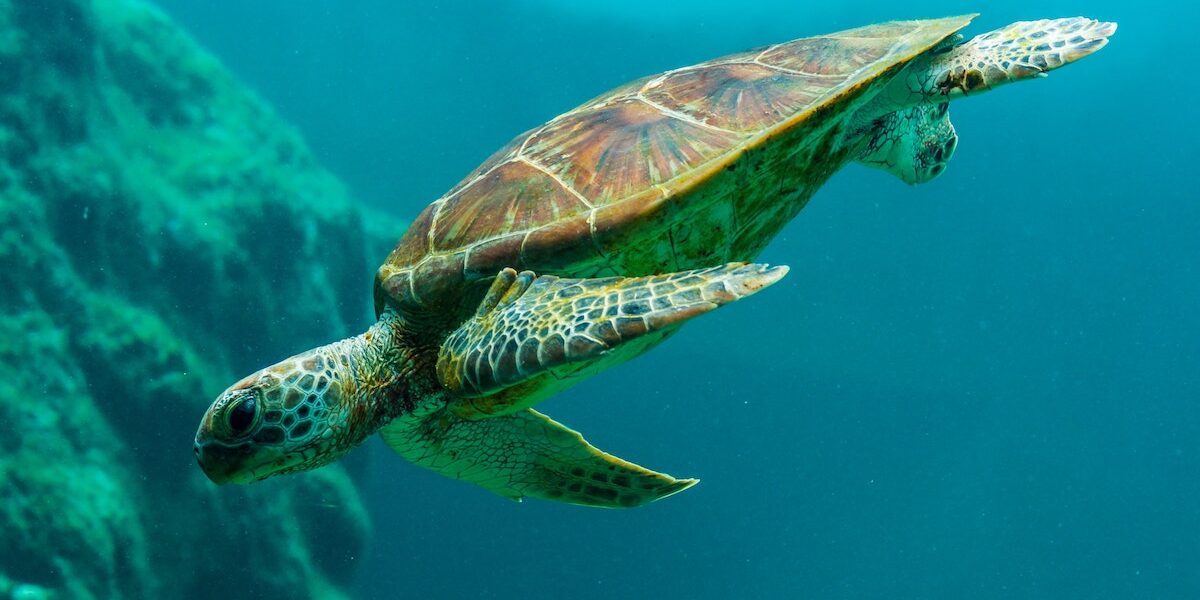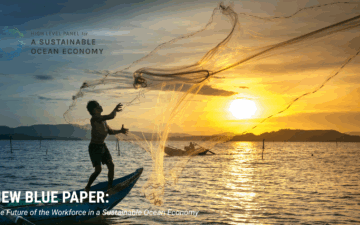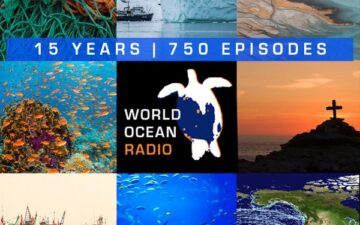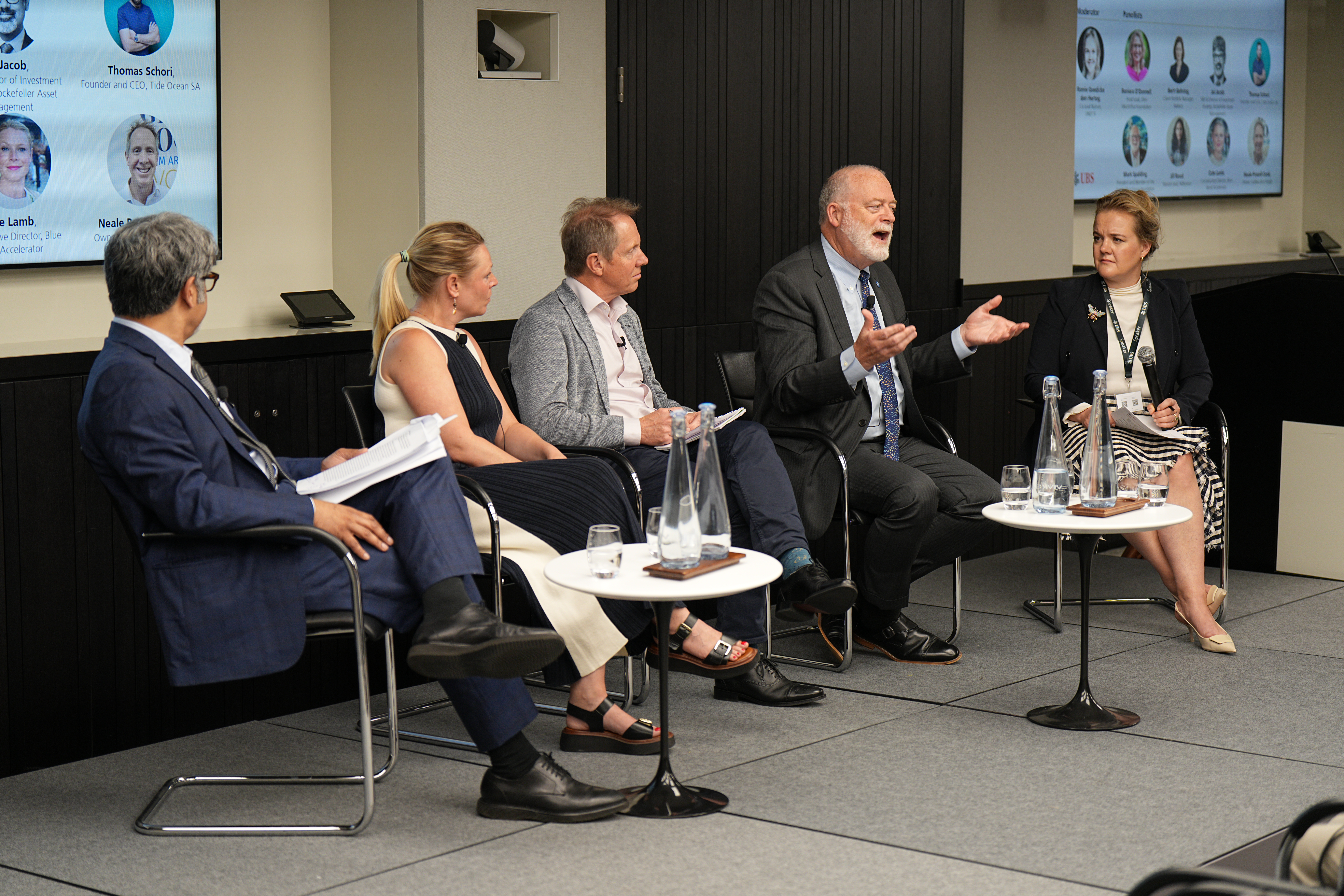By Carla García Zendejas
On September 15th while most Mexican’s began celebrating our Independence Day some were absorbed by another major event; the shrimping season began on Mexico’s Pacific Coast. Fishermen from Mazatlan and Tobolobampo in Sinaloa set off to make the most of this year’s season. As always, fishing activities will be observed by government officials, but this time they will be using drones to monitor illegal fishing practices.
The Mexican Secretariat of Agriculture, Livestock, Rural Development, Fisheries and Food (SAGARPA by its acronym) uses a helicopter, a small aircraft and is now using an unmanned aerial vehicle a drone to fly over fishing vessels in an effort to prevent the incidental catch of sea turtles.
Since 1993 Mexican shrimping boats have been required to install Turtle Excluder Devices (TEDs) in their nets which are designed to reduce and hopefully eliminate sea turtle deaths. Only those shrimping boats with properly installed TEDs can receive the necessary certification to set sail. Mexican regulation specifically protecting sea turtles through the use of TEDs to avoid the indiscriminate capture of these species has been enhanced through the use of satellite surveillance for several years.
While hundreds of fishermen have received the technical training to make the proper installations on their nets and vessels, some have not been certified. Those fishing without certification are fishing illegally and a cause for major concern.
The exportation of shrimp represents a multi-million dollar industry in Mexico. Last year 28,117 tons of shrimp were exported with recorded profits of more than 268 million dollars. The shrimp industry ranks 1st in total revenue and 3rd in production after sardines and tuna.
While the use of drones to photograph and monitor shrimping boats off the coast of Sinaloa seems like an effective enforcement method, it seems that SAGARPA would require more drones and trained personnel to properly oversee the Gulf of California as well as Mexico’s Pacific Coast.
As the government focuses on improving the enforcement of fishing regulations in Mexico fishermen are questioning overall support of the fishing industry. For years fishermen have stressed that the costs of deep sea fishing in Mexico is becoming less and less viable in the midst of rising diesel prices and the total cost of setting sail. Fishing coops have come together to lobby the president directly about this situation. When the cost of the first sail of the season is approximately $89,000 dollars the need to secure a plentiful catch weighs heavily on fishermen.
Proper weather conditions, bountiful waters and enough fuel are crucial to that first wild catch of the season which in many cases is becoming the only trip fishing boats will make. Shrimp production represents an important national industry but local fishermen face obvious economic pressures to survive. The fact that they must also abide by specific guidelines to avoid endangered sea turtle captures sometimes falls by the wayside. With limited monitoring capabilities and personnel SAGARPA’s improved enforcement policies and technology may be insufficient.
The incentive for this type of high-tech drone monitoring probably occurred when the U.S. stopped importation of wild shrimp from Mexico in March of 2010 due to improper use of turtle exclusion devices. Even though it was a limited number of shrimp trawlers who were cited for inadvertently catching sea turtles it caused a major blow to the industry. No doubt many recalled the 1990 ban imposed on Mexican tuna resulting from allegations of high dolphin bycatch due to purse seine fishing. The ban on tuna lasted seven years causing devastating consequences to the Mexican fishing industry and the loss of thousands of jobs. Twenty three years later the legal battles on trade restrictions, fishing methods and dolphin-safe labeling continue between Mexico and the U.S. This fight on tuna persists even though dolphin bycatch in Mexico has decreased considerably in the last decade through strict enforcement policies and improved fishing practices.
While the 2010 ban on wild shrimp was lifted six months later by the U.S. State Department it clearly resulted in the development of more stringent enforcement policies on sea turtle bycatch by Mexican authorities, surely no one wanted to see history repeat itself. Ironically the U.S. National Marine Fisheries Service (NMFS) withdrew regulation requiring TEDs on all trawl shrimp boats in the Southeastern United States in November of last year. We still struggle to achieve that elusive balance between people, planet and profits. Yet we are more aware, more engaged and definitely more creative in finding solutions than we once were.
We can’t solve problems by using the same kind of thinking we used when we created them. A. Einstein
Carla García Zendejas is a recognized environmental attorney from Tijuana, Mexico. Her knowledge and perspective derives from her extensive work for international and national organizations on social, economic and environmental issues. In the past fifteen years she has achieved numerous successes in cases involving energy infrastructure, water pollution, environmental justice and development of government transparency laws. She has empowered activists with critical knowledge to fight environmentally damaging and potentially hazardous liquefied natural gas terminals on the Baja California peninsula, the U.S. and in Spain. Carla holds a Masters in Law from the Washington College of Law at American University. Carla is currently based in Washington, D.C. where she is working as a consultant with international environmental organizations.







